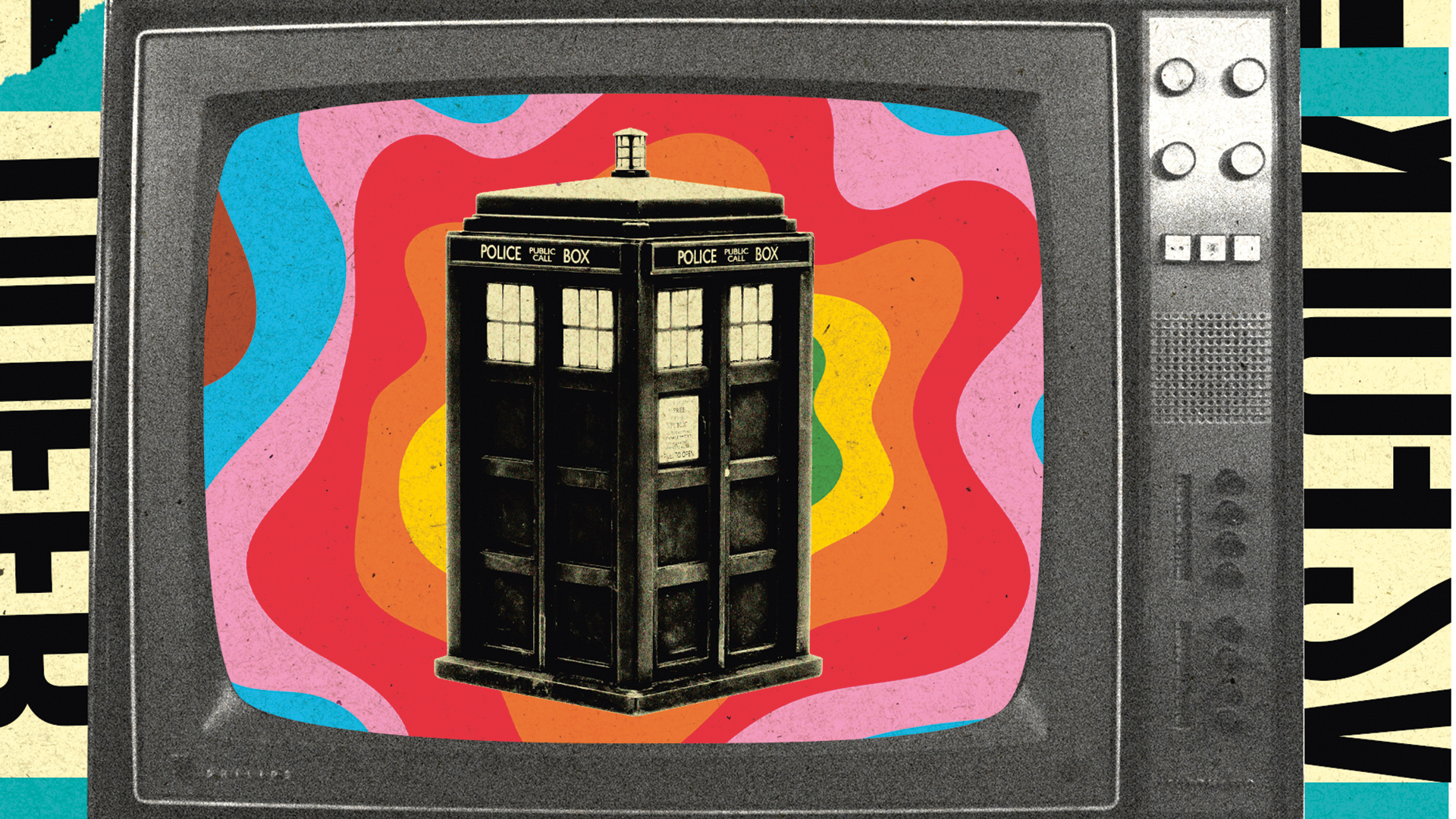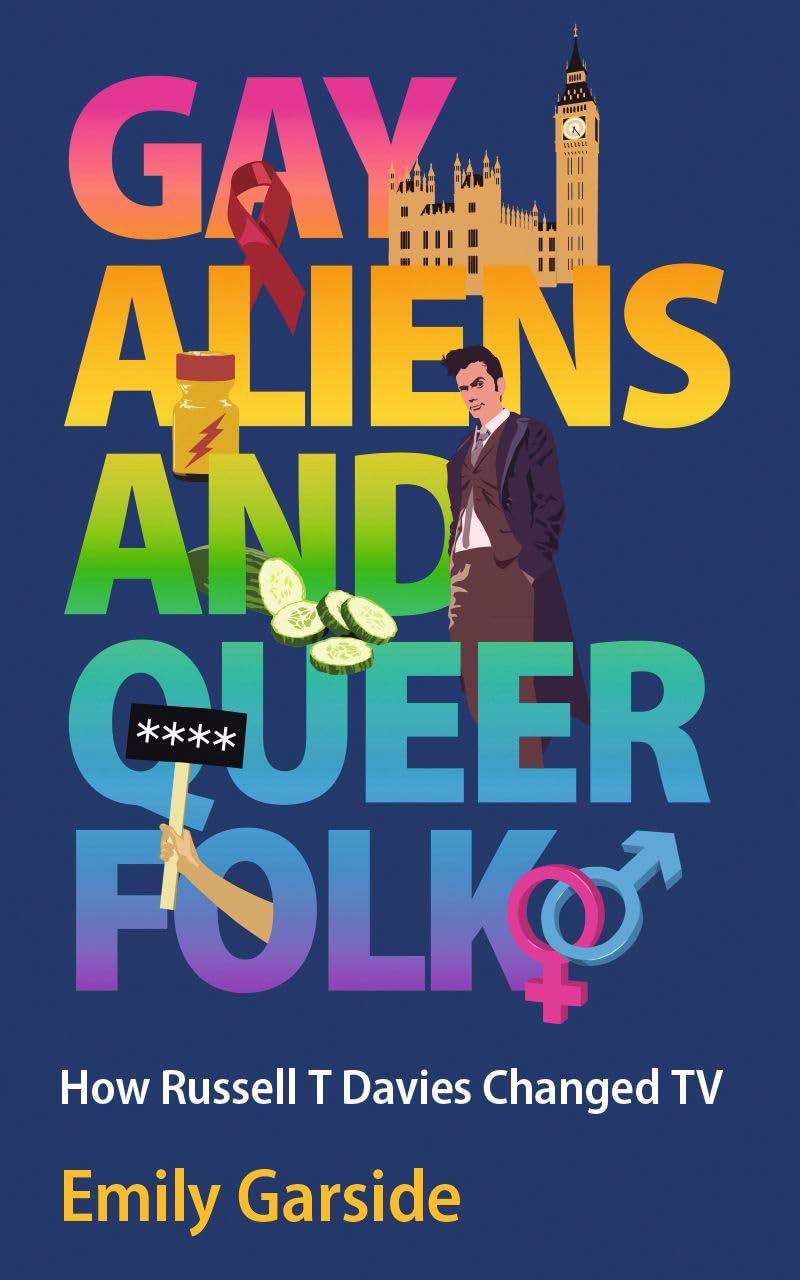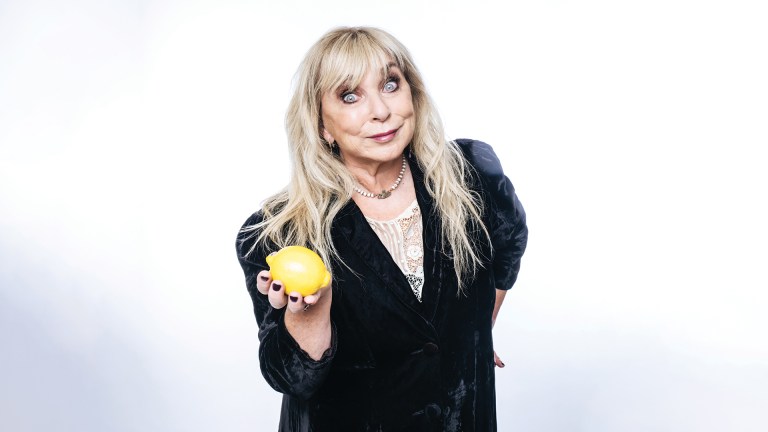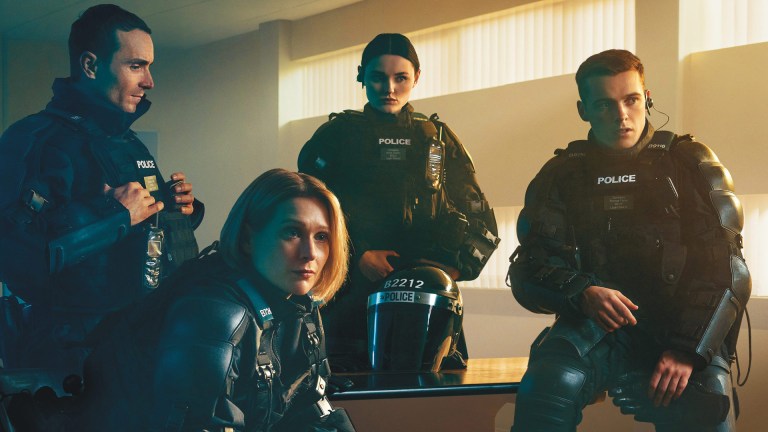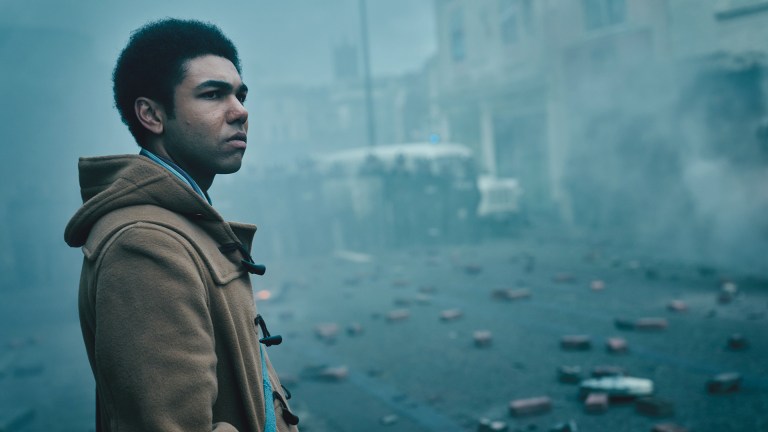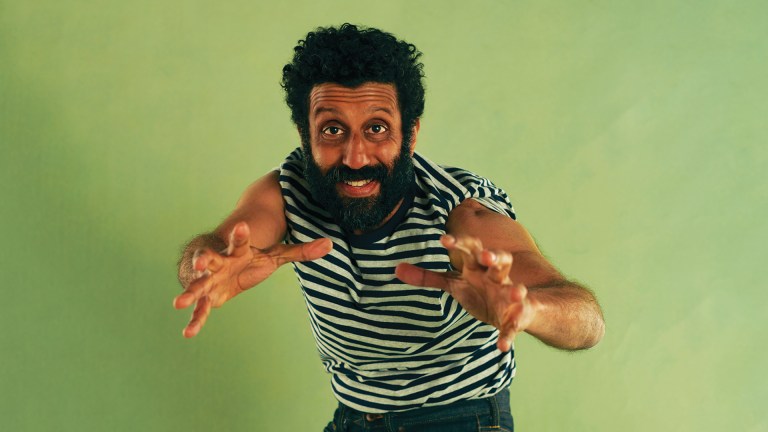And it was with the most human of aliens in Doctor Who that Davies continued his TV revolution. For writers, directors and producers, Who has been a place to develop their craft. Across the show, producing such ambitious TV on a BBC budget has led it to become a hothouse of British TV talent.
It’s remarkable to have brought back such an important show and made a success of it so that nearly 20 years later it’s still going strong. Thanks to Davies, a new generation was yelling “Exterminate!” in the playground. Kids’ TV matters to the kids who watch it, the adults they grow into and those who watch it with them. The inter-generational nature of Who is unique; The question of ‘Which Doctor is your Doctor?’ defines so many people’s experience.
And now, as Davies takes the Tardis controls once more for the 60th anniversary and beyond, having signed up to run and write the series once again, fans are poised for new adventures. With the unveiling of Ncuti Gatwa as the next Doctor, a queer man is at the helm of the Tardis.
What was formative, too, was the drive for quality British sci-fi. Yes, Who remains campy and silly. But the production demanded the BBC raise their game. We’ve gone from men in rubber suits to quality special effects and production values. Davies opened the door (and the purse strings) for other British and particularly Welsh TV dramas, to demand a quality that was only sometimes there.
But that quality extends beyond production and special effects. It extends to demanding a quality of writing of stories and characters. Davies’s work has led the way in imagination, scope, scale and authenticity. In queer characters, yes, but also in telling complex, human stories.
From the prophetic Years and Years, which foretold too much of our future to feel comfortable to the charming but importantly feminist Nolly, which told the story of one of the greatest British acting icons of our recent past. Davies weaves all his narratives with a skill and a standard of screen storytelling that asks others to meet that standard.
But above all, it was the revolutionising of queer TV that changed everything. It was that VHS of Queer as Folk before you had friends to discuss it with. It was knowing other queer people existed. Knew they weren’t alone. TV has power, and Russell T Davies used it to connect people, even if they didn’t know it.
He might not love the analogy, but in a community that lost so many elders, he became ours by proxy through the stories he told and continues to tell. Not least of course, with It’s a Sin. The drama told the untold story of British gay men and the Aids crisis. It’s a Sin was devastatingly told, harrowing but also hopeful. It gave those who were there catharsis, and those who weren’t a chance to learn about this vital chapter in queer history.
It felt like a culmination of Davies’s storytelling on TV to tell this tragic chapter with such sensitivity and heart that won over viewers and hopefully changed some perspectives. Through these two decades of queer TV, we can see what has changed. And ask… what next from Russell T Davies?
Gay Aliens and Queer Folk: how Russell T Davies Changed TV by Emily Garside is out now (Calon, £18.99). You can buy it from The Big Issue shop on Bookshop.org, which helps to support The Big Issue and independent bookshops.
This article is taken from The Big Issue magazine, which exists to give homeless, long-term unemployed and marginalised people the opportunity to earn an income. To support our work buy a copy!
If you cannot reach your local vendor, you can still click HERE to subscribe to The Big Issue today. Or give a gift subscription to a friend or family member. You can also purchase one-off issues from The Big Issue Shop or The Big Issue app, available now from the App Store or Google Play
